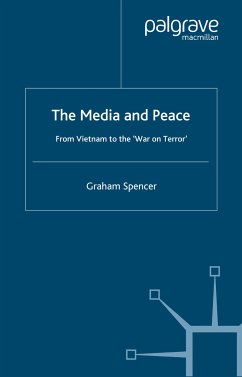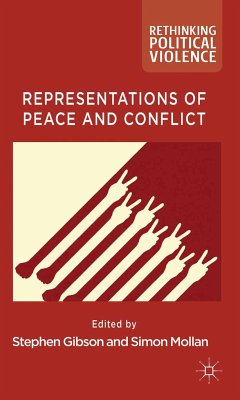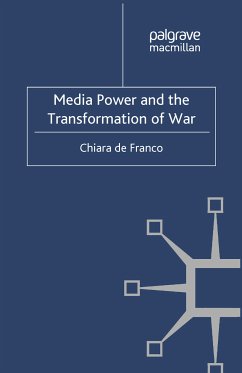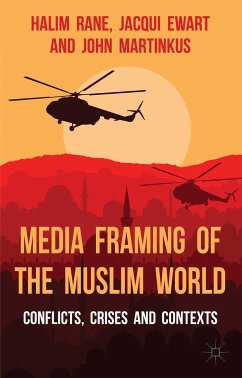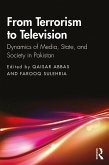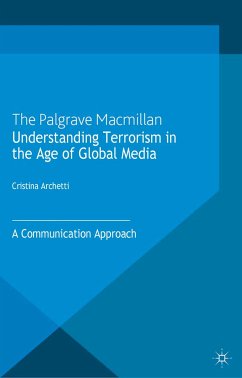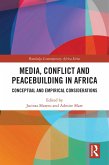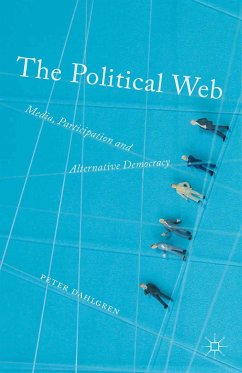Dieser Download kann aus rechtlichen Gründen nur mit Rechnungsadresse in A, B, BG, CY, CZ, D, DK, EW, E, FIN, F, GR, HR, H, IRL, I, LT, L, LR, M, NL, PL, P, R, S, SLO, SK ausgeliefert werden.
'Graham Spencer presents a compelling argument that the news media are political players with political responsibilities. This thoughtful book will be a valuable resource for anyone interested in how journalism affects nations' approaches to war and peace.' - Philip Seib, Professor of Journalism and Public Diplomacy, University of Southern California, USA
'A timely and serious contribution on the media's role in peace and peace processes - something which has not, until now, received the attention it deserves from the conflict resolution community.' - Antonia Potter, Centre for Humanitarian Dialogue, Geneva, Switzerland

